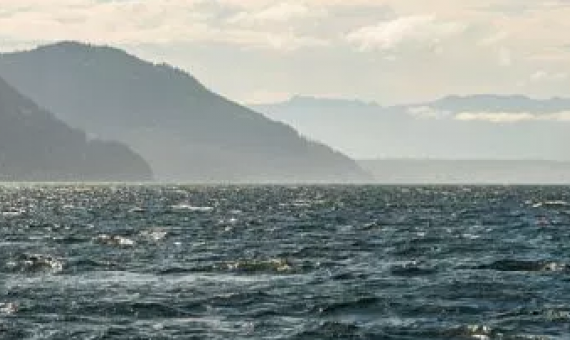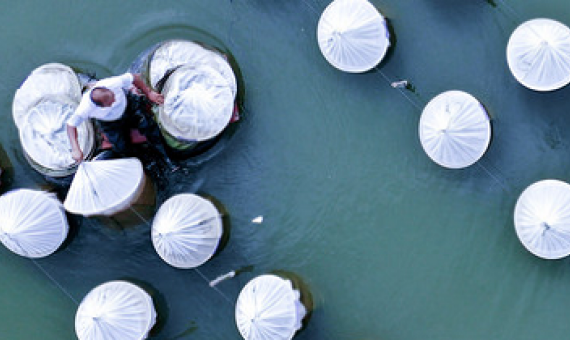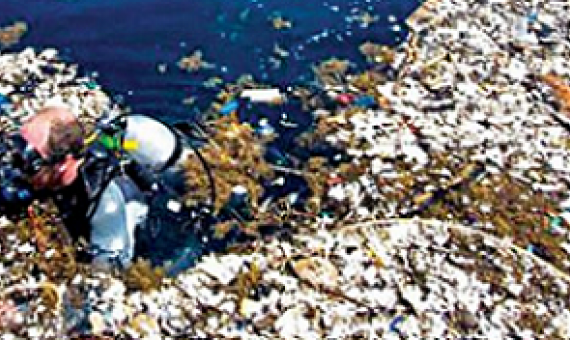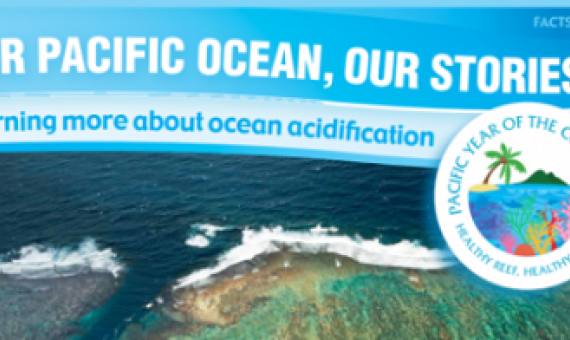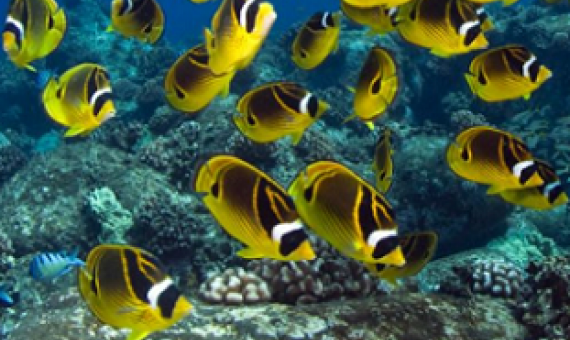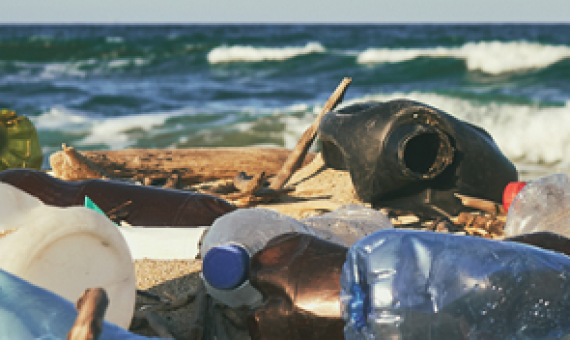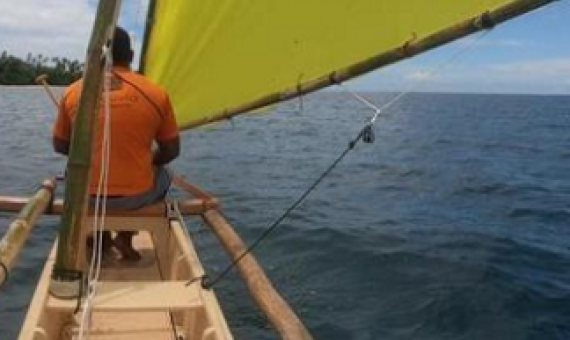IN DEEP WATER - The emerging threat of deep sea mining
The oceans are facing more threats now than at any time in history. Yet a nascent industry is ramping up to exert yet more pressure on marine life: deep sea mining. A handful of governments and companies have been granted licences to explore for deep sea mining in ecologically sensitive waters, and the industry is positioning its development as inevitable, but deep sea mining isn’t happening anywhere in the global oceans – yet.


